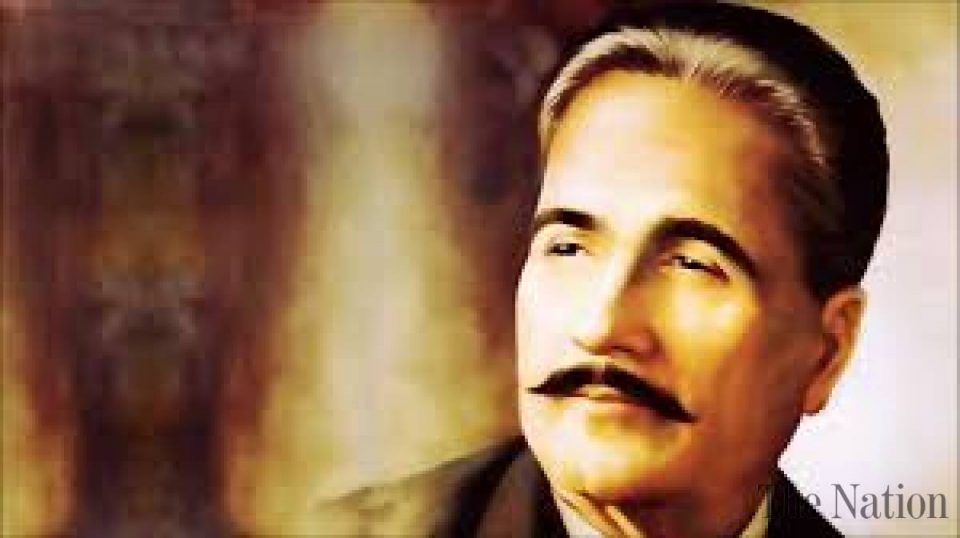Allama Iqbal
Allam a Iqbal was a South Asian Muslim author, savant, and government official, whose verse in the Urdu language is among the best of the 20th century, and whose vision of a social and political ideal for the Muslims of British-administered India was to invigorate the motivation for Pakistan. He is usually alluded to by the honorific Allama.
Brought up in Sialkot, Punjab in an ethnic Kashmiri Muslim family, Iqbal concentrated in Sialkot and Lahore, and from that point in England and Germany. In spite of the fact that he set up a law practice subsequent to returning, he focused essentially on composing insightful chips away at governmental issues, financial aspects, history, reasoning, and religion. He is most popular for his beautiful works, including Asrar-e-Khudi – which brought a knighthood, Rumuz-e-Bekhudi, and the Bang-e-Dara. In Iran, where he is known as Iqbāl-e Lāhorī (Iqbal of Lahore), he is profoundly respected for his Persian works.
Iqbal was a solid defender of the political and otherworldly recovery of Islamic civilization across the world, however specifically in South Asia; a progression of talks he conveyed with this impact was distributed as The Reconstruction of Religious Thought in Islam. An innovator in the All India Muslim League, he imagined—in his 1930 official location—a different political system for Muslims in British-governed India. After the making of Pakistan in 1947, he was named the public artist there. The commemoration of his introduction to the world (Yom-e Welādat-e Muḥammad Iqbāl) on 9 November was a public occasion in Pakistan.
Iqbal is broadly remembered in Pakistan, where he is viewed as the philosophical author of the state. His birthday is yearly remembered in Pakistan as Iqbal Day, and until 2018 it was likewise a public holiday.[citation needed] Iqbal is the namesake of numerous public foundations, including the Allama Iqbal Campus Punjab University in Lahore, the Allama Iqbal Medical College in Lahore, Iqbal Stadium in Faisalabad, Allama Iqbal Open University in Pakistan, Iqbal Memorial Institute in Srinagar, Allama Iqbal Library in the University of Kashmir, the Allama Iqbal International Airport in Lahore, Iqbal Hostel in Government College University, Lahore, the Allama Iqbal Hall at Nishtar Medical College in Multan, Gulshan-e-Iqbal Town in Karachi, Allama Iqbal Town in Lahore, Allama Iqbal Hall at Aligarh Muslim University, Allama Iqbal Hostel at Jamia Millia Islamia in New Delhi and Iqbal Hall at the University of Engineering and Technology, Lahore.
In India, his tune “Tarana-e-Hind” is often played as an enthusiastic tune talking about common harmony.[95] Dr. Mohammad Iqbal, an Indian narrative movie coordinated by K.A. Abbas and composed by Ali Sardar Jafri was delivered in 1978. It was delivered by the Government of India’s Films Division.
The Government of Madhya Pradesh in India grants the Iqbal Samman, named to pay tribute to the artist, consistently at the Bharat Bhavan to Indian authors for their commitments to Urdu writing and verse.
The Pakistani government and public associations have supported the foundation of instructive organizations, universities, and schools committed to Iqbal and have set up the Iqbal Academy Pakistan to research, educate and protect his works, writing, and reasoning. The Allama Iqbal Stamps Society was set up for the advancement of Iqbal in philately and in different leisure activities. His child Javid Iqbal filled in as equity of the Supreme Court of Pakistan. Javaid Manzil was Iqbal’s last home. Iqbal Academy Lahore has distributed magazines on Iqbal in Persian, English, and Urdu.

